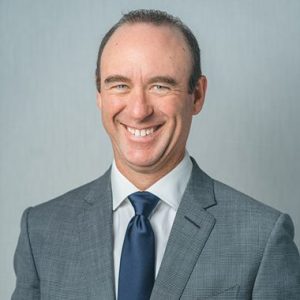SUPPORTING MUSIC
I can still think back to that third grade year in the mid 80’s, when going to a neighborhood house to take my first piano lesson. A mom of four boys gave piano lessons after school, and more than once a fair share of the time was spent yelling at those boys to “turn down the TV!” as they huddled around the 15-inch screen watching Leave it to Beaver reruns as she taught.
While not necessarily the most sophisticated instruction, it did provide the basis for what has become a lifelong intersection of music with my life. Those lessons eventually led to me being ahead of the game when joining 5th grade band, as I had two years of music already under my belt. It was also an introduction to the Haskell Harr Drum Method, and the beginning of what would be thousands of reps through the “rudiments” of drumming and music.
Middle school brought the ability to learn the drum set via jazz band, and really start learning all that “drums” had to offer me. I also learned quickly that as the kid with more music experience than the rest of my section, that even a 7th grader can be deemed “section leader” in middle school band. For better or worse, this title followed me through my high school years as well. Being a 9th grader put into a “leadership” position was something I didn’t necessarily ask for, but I learned quickly the ability to manage relationships with egos (and yes, “drummers” almost always have big egos).
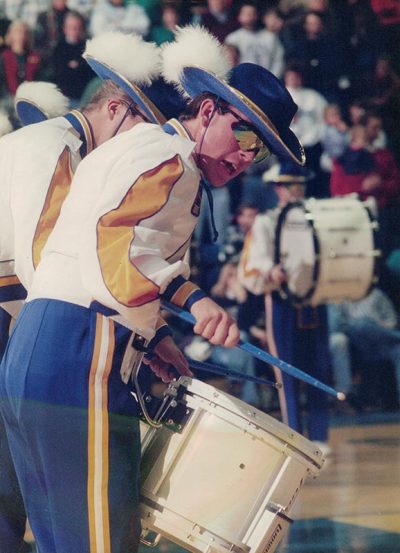
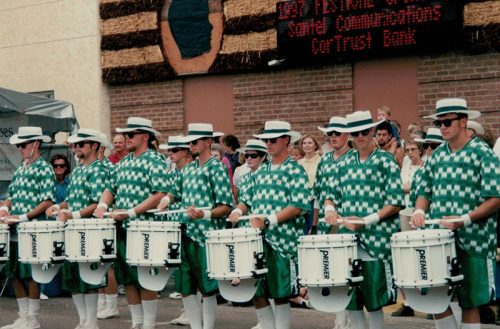
Remarkably, my music also took me to an annual audition for All State Band, and I was fortunate to qualify for an assembly of the best players across the state each of my four years in high school. I also learned quite quickly that being a 9th grade “section leader” carried no weight against the best in the state, and was promptly put in my place at my first All State Band with an assignment of triangle, woodblock, or tambourine on every song. I could have left my drumsticks at home that year.
That said, those early high school band experiences became a foundation for life experience and relationships that I carry to this day. Not only did it give me an opportunity to experience “reality” outside of a regular school day with some of my classmates, it began creating personal connections with people from varied backgrounds and communities across the entire state. I also used those high school years to begin teaching fifth and sixth grade students those same fundamentals I had been taught, which was my first entrepreneurial endeavor. At a young age, I found myself in a position of balancing school, work, and a “business” all at the same time. (More on that later)
My senior year of high school led me to an opportunity to audition for the “Commandant’s Own” Drum and Bugle Corps at a band festival. Speaking of reality checks, I was met at the door of a hotel room by a Marine musician with arms that would have rivaled the “24 inch pythons” of my pro wrestling fandom at the time. I was quickly told “you won’t need your drum” and was invited to carry out an audition sitting on the end of a bed and playing on a padded folding chair. Needless to say, it didn’t go well.
Considering my Marine musicianship was not meant to be (at the great relief of my parents), I went on to pursue music at South Dakota State University with many of those same players I’d been spending time with at music camps and performances during my high school years. The fall football season began my time with the “Pride of the Dakotas” marching band, and as importantly, the “Pride of the Pride” drumline. The football tradition in that era of SDSU football (much different than today) was that fans would watch the first half of football, and STAY in the stands for half time to see the “Pride” do its show. Unfortunately for the football team, the stands typically began to clear as soon as the band was done.
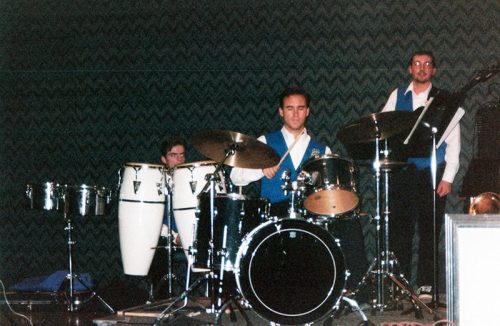
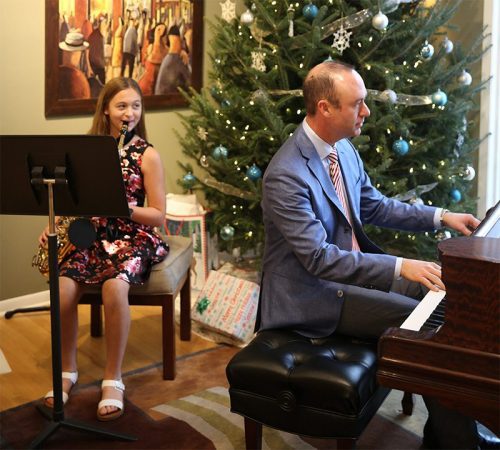
Those college years gave me an opportunity to play with high level players across marching band, jazz bands, and symphonic bands, all of which carried practice and performance schedules. It also happened to lead to playing for a presidential political rally (in which the band filled two hours of time as he was famously late as always), a handshake from the president the night before his re-election, and a performance at the Inaugural Parade in Washington, DC that following January.
As a student not necessarily motivated by academics, I consistently looked for ways to balance school against opportunities to work and earn money. This ultimately led me to an employment position in which I often worked the overnight shift. There were days I’d work from midnight to 8 a.m., attend class from 8 a.m. to 2:00, and then of course be at drumline practice at 3:00, to be followed by Marching Band rehearsal at 4:00, and then get a few hours of sleep before doing it all over again. Missing drumline and marching band was never an option for me.
Oh, and by the way, in my fourth year of college, I happened to get to know one of the cute freshman cymbal players. She and I ended up getting married six years later, and are now raising two music students of our own!
Ultimately music was never a professional endeavor for me, but I always tell anyone that will listen that I learned far more about real life by being a musician than I ever learned in a classroom. Those principles of discipline, being on time, and maintaining focus all stayed with me as I began my career in financial planning following my college graduation.
Remarkably, those concepts of focusing on fundamentals continue to influence the way I work with clients to this day. I continue to reinforce the basic concepts of finance that there are no “easy” solutions, and attempting to skip over the basic steps will only be likely to backfire in the end.
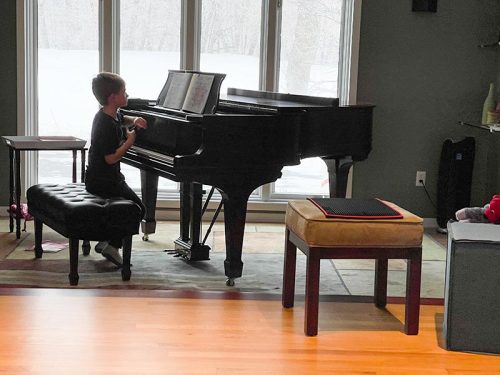
In a bit of a twist of fate, now with two school aged children of my own, the 2020 shutdown brought a piano back into my family home for the first time. (One of those pandemic era purchases). That piano has returned me to those basics of practice, discipline, and focus that I hadn’t actively practiced in music for far too long. Ironically, there is no more 15 inch TV or Leave it to Beaver, but there are still times when the kids need to “turn down the TV!”
